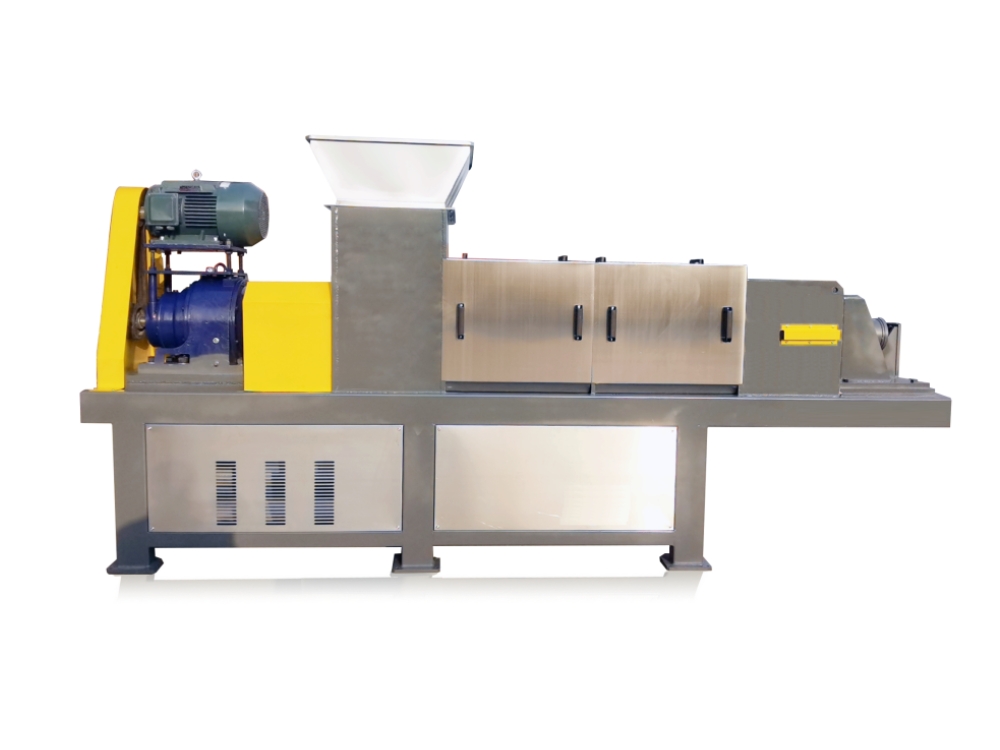
Introduction:
Vegetable dewatering machines play a crucial role in the food processing industry, offering not only operational efficiency but also significant environmental benefits. This article explores the eco-friendly aspects of vegetable dewatering machines and how they contribute to sustainable practices in the food processing sector.
Water Conservation:
One of the primary environmental advantages of vegetable dewatering machines is their ability to conserve water. Traditional methods of vegetable processing often involve extensive water usage for washing and rinsing. In contrast, dewatering machines efficiently remove excess water from vegetables, significantly reducing the overall water consumption in the processing line.
Energy Efficiency:
Vegetable dewatering machines are designed with energy efficiency in mind. By utilizing advanced technologies such as centrifugal force or mechanical pressing, these machines minimize the need for excessive energy input compared to conventional drying methods. This results in lower energy consumption and reduced environmental impact, aligning with global efforts to mitigate climate change.
Waste Reduction:
Efficient dewatering contributes to a reduction in waste generated during vegetable processing. By extracting excess water, the overall weight of the vegetables is reduced, leading to less waste in downstream processes. This waste reduction not only lowers disposal costs for food processors but also minimizes the environmental burden associated with waste disposal and landfill usage.
Chemical-Free Processing:
Some vegetable dewatering machines employ mechanical methods, eliminating the need for chemical additives in the dewatering process. Chemical-free processing not only ensures the safety and quality of the final product but also reduces the environmental footprint associated with the use and disposal of chemicals.
Carbon Footprint Reduction:
The combination of water conservation, energy efficiency, and waste reduction in vegetable dewatering processes contributes to an overall reduction in the carbon footprint of food processing operations. This aligns with the growing global emphasis on sustainable practices and corporate social responsibility.
Conclusion:
Vegetable dewatering machines play a vital role in promoting environmental sustainability within the food processing industry. By addressing key aspects such as water conservation, energy efficiency, waste reduction, and chemical-free processing, these machines contribute to a more eco-friendly and responsible approach to vegetable processing. As the demand for sustainable practices continues to rise, the adoption of vegetable dewatering machines represents a significant step towards achieving a greener and more sustainable food industry.

 TEL:+86 15336363999
TEL:+86 15336363999
 WeChat:gongchris1111
WeChat:gongchris1111
 ADD:Fangzi District, Weifang City, Shandong Province, China
ADD:Fangzi District, Weifang City, Shandong Province, China